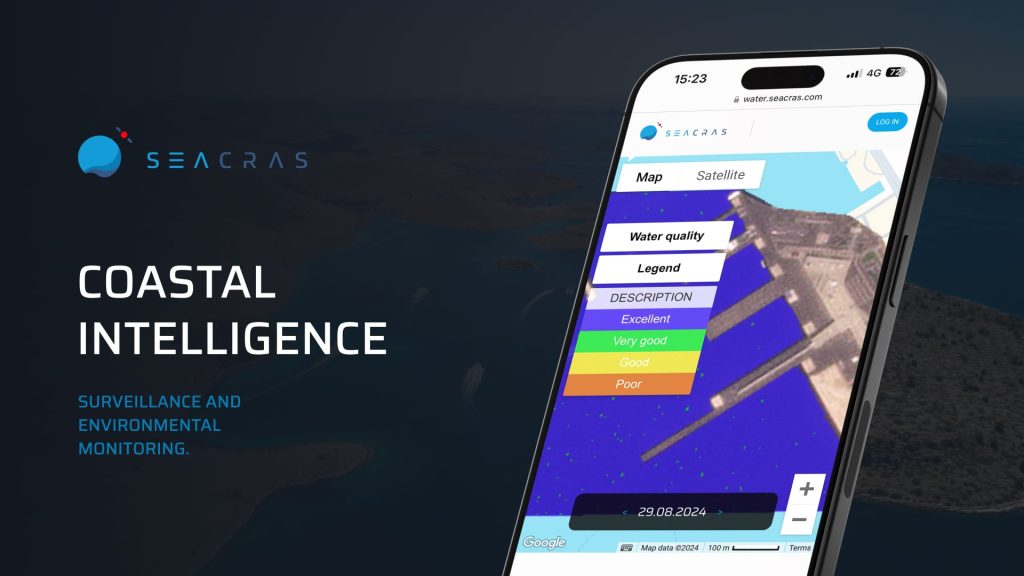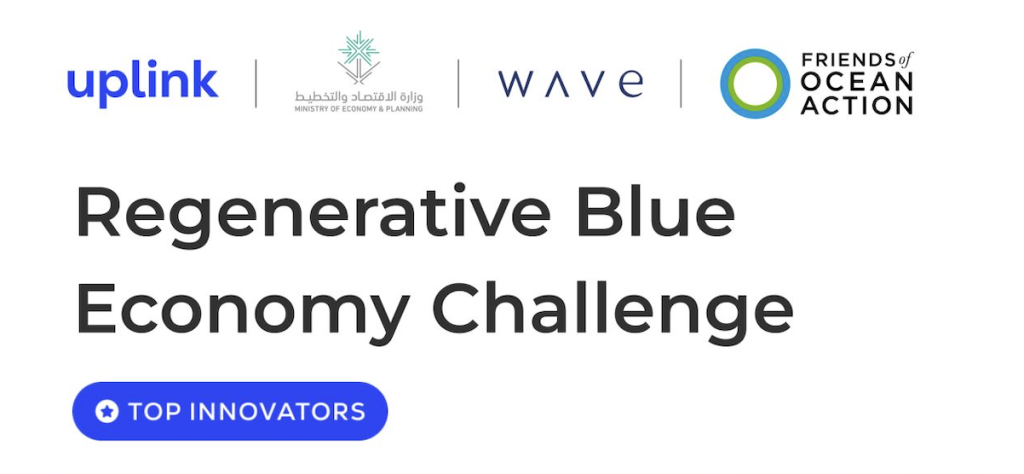The World Economic Forum included SeaCras among the top global innovators in the field of blue economy sustainability as part of the Regenerative Blue Economy Challenge initiative!
In competition with 200 shortlisted companies, and after multiple rounds of evaluation, our ‘Coastal Intelligence’ project was recognized as one of the most comprehensive and innovative solutions intended for users in coastal tourism, aquaculture, maritime transport and the energy sector.

The participating companies were supposed to offer solutions to problems such as pollution of coastal waters, harm to marine habitats, lack of data on the state of the marine ecosystem, the impact of climate change, uncontrolled maritime traffic, overfishing and restoration of coral reefs.
Coastal Intelligence, as an award-winning project, includes integrated monitoring and surveillance of the state of the coastal waters, a sustainability demonstration application, and the measurement of the performance and recovery goals of the marine environment for ESG reporting purposes.

The Regenerative Blue Economy Challenge by UpLink – World Economic Forum is funded by the Kingdom of Saudi Arabia’s Ministry of Economy and Planning, led by WAVE and Friends of Ocean Action, with contributions by ecosystem partners: Builders Vision, Fauna & Flora, G20 CORDAP (Coral Research & Development Accelerator Platform), Global Fund for Coral Reefs, NCECKSA, Red Sea Global, SVCL, OceanX, AVEVA.
The World Economic Forum presented the winning cohort at the Climate Week NYC 2024 in New York.
Needless to say, we’re extremely proud of this recognition and it drives us forward to continue working on integrated development and monitoring of the state of the sea, and ultimately, more effective environmental protection.